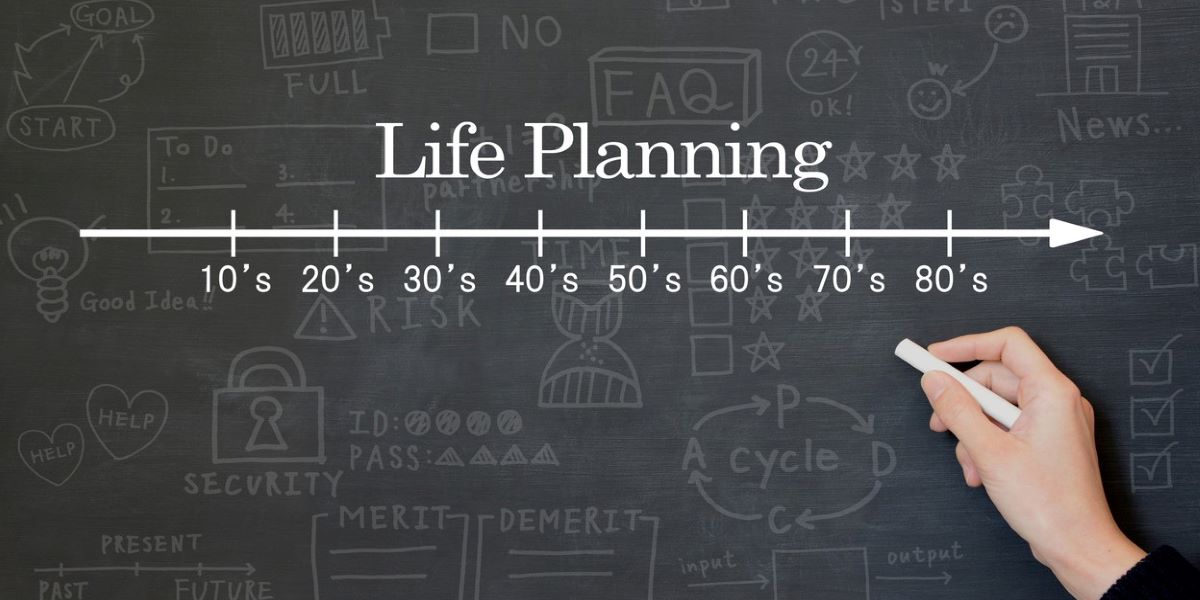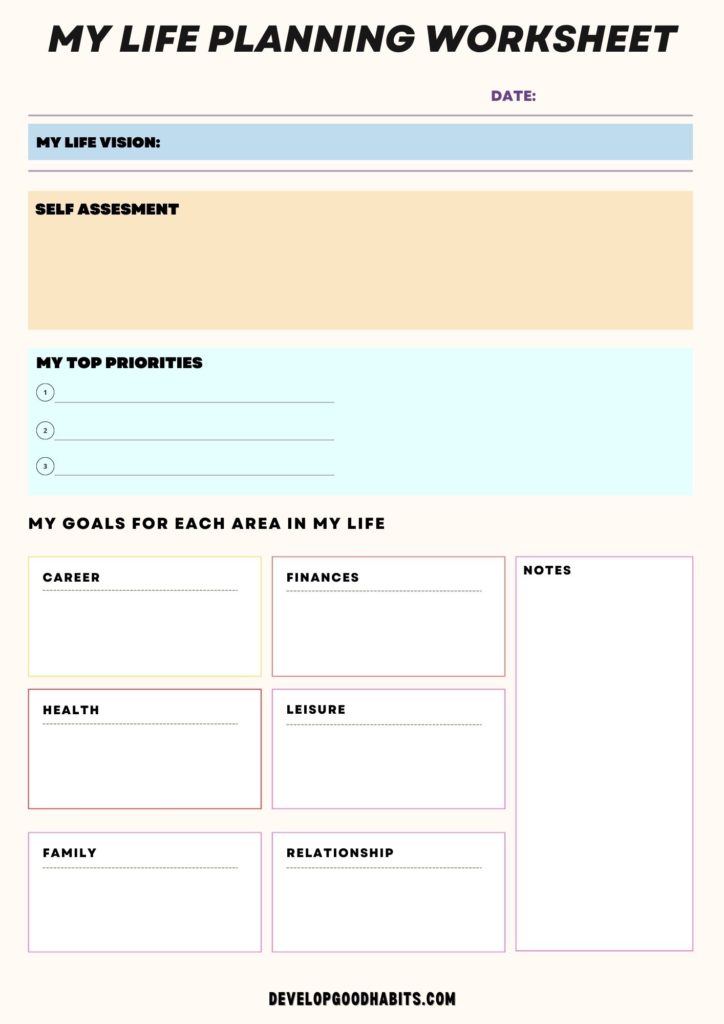How To Create A Plan For Your Life

Feeling adrift? Many find themselves navigating life without a clear roadmap. Creating a life plan can provide direction, purpose, and a sense of control amidst the uncertainties of modern existence. It's about consciously designing your future, rather than simply letting it unfold.
A life plan is essentially a personalized strategy document outlining your goals, values, and the actionable steps needed to achieve them. It's not a rigid contract, but rather a flexible guide that evolves as you grow and circumstances change. This approach helps prioritize your time and energy towards what truly matters.
Understanding Your Core Values
The first step involves identifying your core values. These are the fundamental beliefs that guide your decisions and actions. Consider what's truly important to you: honesty, creativity, family, financial security, adventure, health, or personal growth are a few examples.
Numerous online resources offer value clarification exercises. Reflect on your past experiences and identify moments when you felt most fulfilled or conflicted. These moments often reveal underlying values.
Setting SMART Goals
Once you understand your values, it's time to set SMART goals: Specific, Measurable, Achievable, Relevant, and Time-bound. Instead of vague aspirations, SMART goals provide clarity and a framework for progress.
For example, instead of saying "I want to be healthier," a SMART goal would be "I will exercise for 30 minutes, three times a week, for the next three months." The more precise you are, the easier it is to track your progress.
Breaking Down the Plan
A comprehensive life plan typically addresses various aspects of life, including career, relationships, finances, health, and personal development. Dividing your plan into these key areas makes it more manageable. Each area should have its own set of goals and action steps.
Consider your career aspirations. Do you want a promotion, a new job, or to start your own business? Outline the specific steps you need to take, such as acquiring new skills, networking, or saving capital.
Financial Planning: A Critical Component
Financial stability is often a cornerstone of a fulfilling life. Include specific financial goals, such as saving a certain amount each month, paying off debt, or investing for retirement. Consult a financial advisor for personalized guidance.
"A goal without a plan is just a wish." - Antoine de Saint-Exupéry
Allocate time for activities that support your physical and mental well-being. This might involve exercise, healthy eating, mindfulness practices, or hobbies that bring you joy. Prioritizing self-care is not selfish; it's essential for sustained success.
Regular Review and Adjustment
Your life plan is not set in stone. Schedule regular reviews, perhaps quarterly or annually, to assess your progress and make adjustments as needed. Life circumstances change, and your plan should adapt accordingly.
Be honest with yourself about what's working and what's not. If you're not making progress towards a particular goal, re-evaluate your approach or consider whether the goal is still relevant to your values.
Seeking Support and Accountability
Sharing your plan with a trusted friend, family member, or mentor can provide valuable support and accountability. A coach or therapist can also offer guidance and help you overcome obstacles.
Accountability partners can provide encouragement, help you stay on track, and offer a fresh perspective when you're feeling stuck. Remember, you don't have to do it alone.
Impact on Society
While a life plan is deeply personal, it can also have a positive impact on society. Individuals who are clear about their values and goals are more likely to contribute meaningfully to their communities.
By focusing on personal growth and contributing to something larger than themselves, individuals with life plans become more engaged and responsible citizens.
Creating a life plan is an investment in yourself and your future. By taking the time to define your values, set meaningful goals, and develop a strategy for achieving them, you can create a life that is both fulfilling and purposeful. It is a powerful tool for navigating the complexities of modern life and living with intention.


















